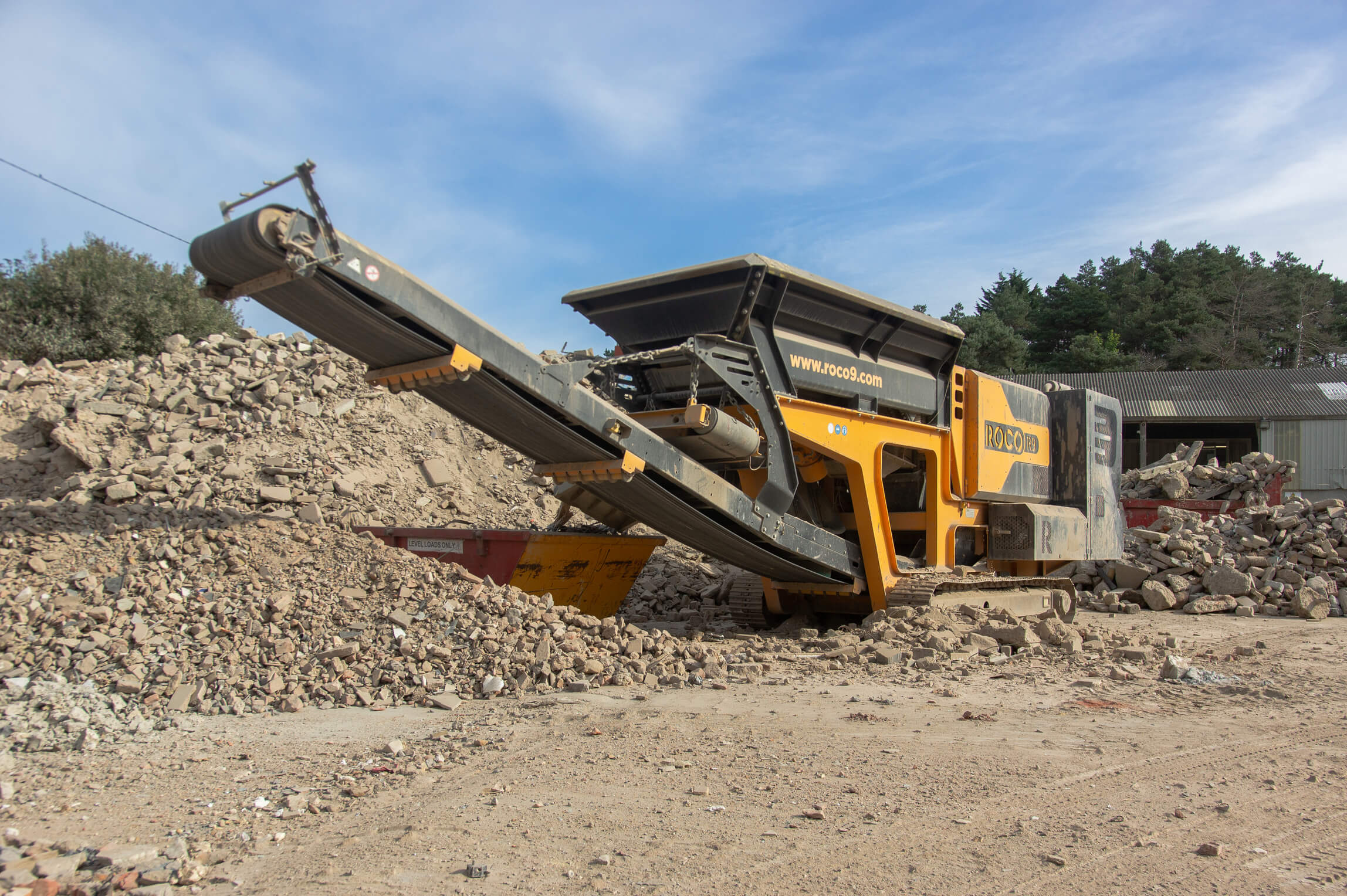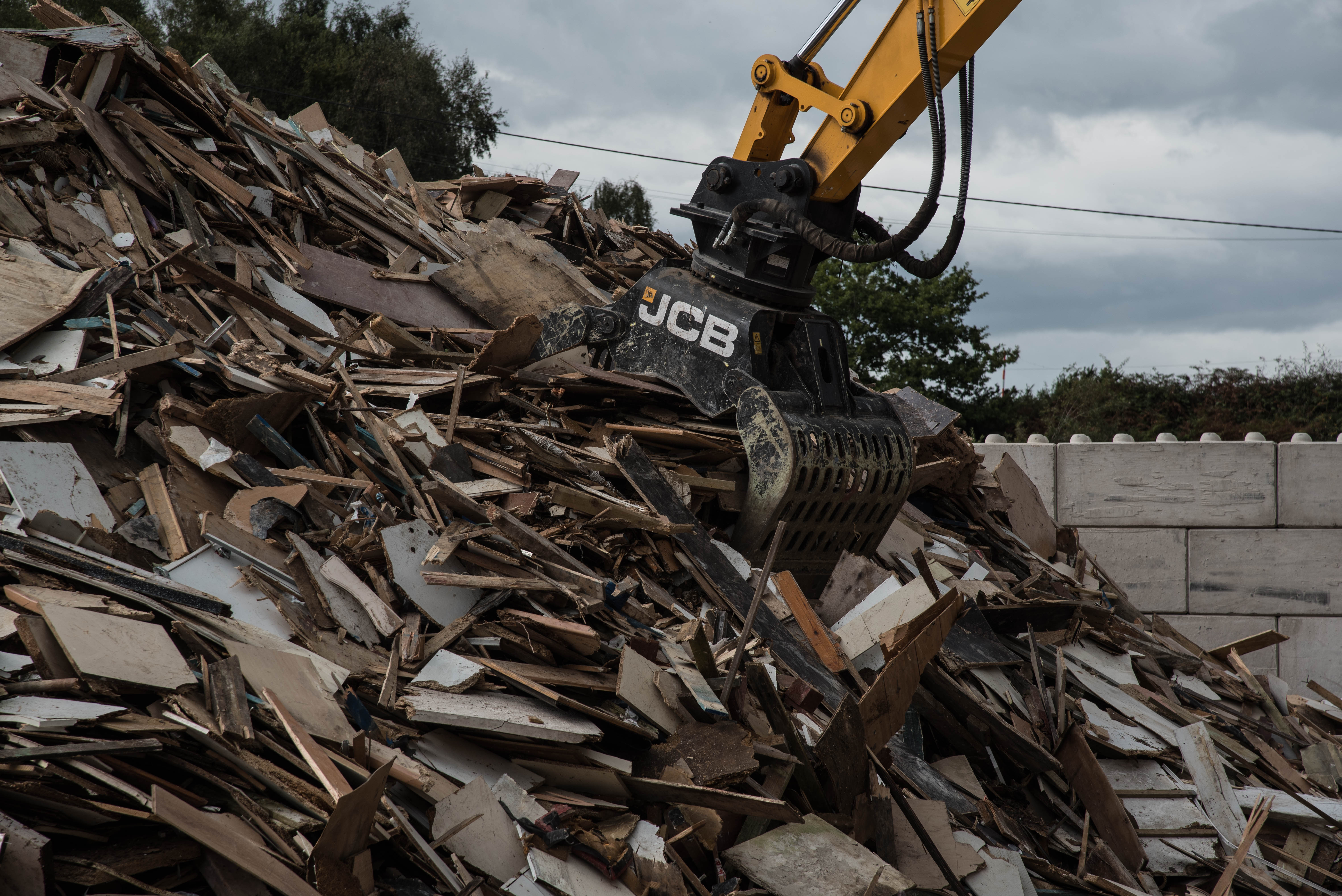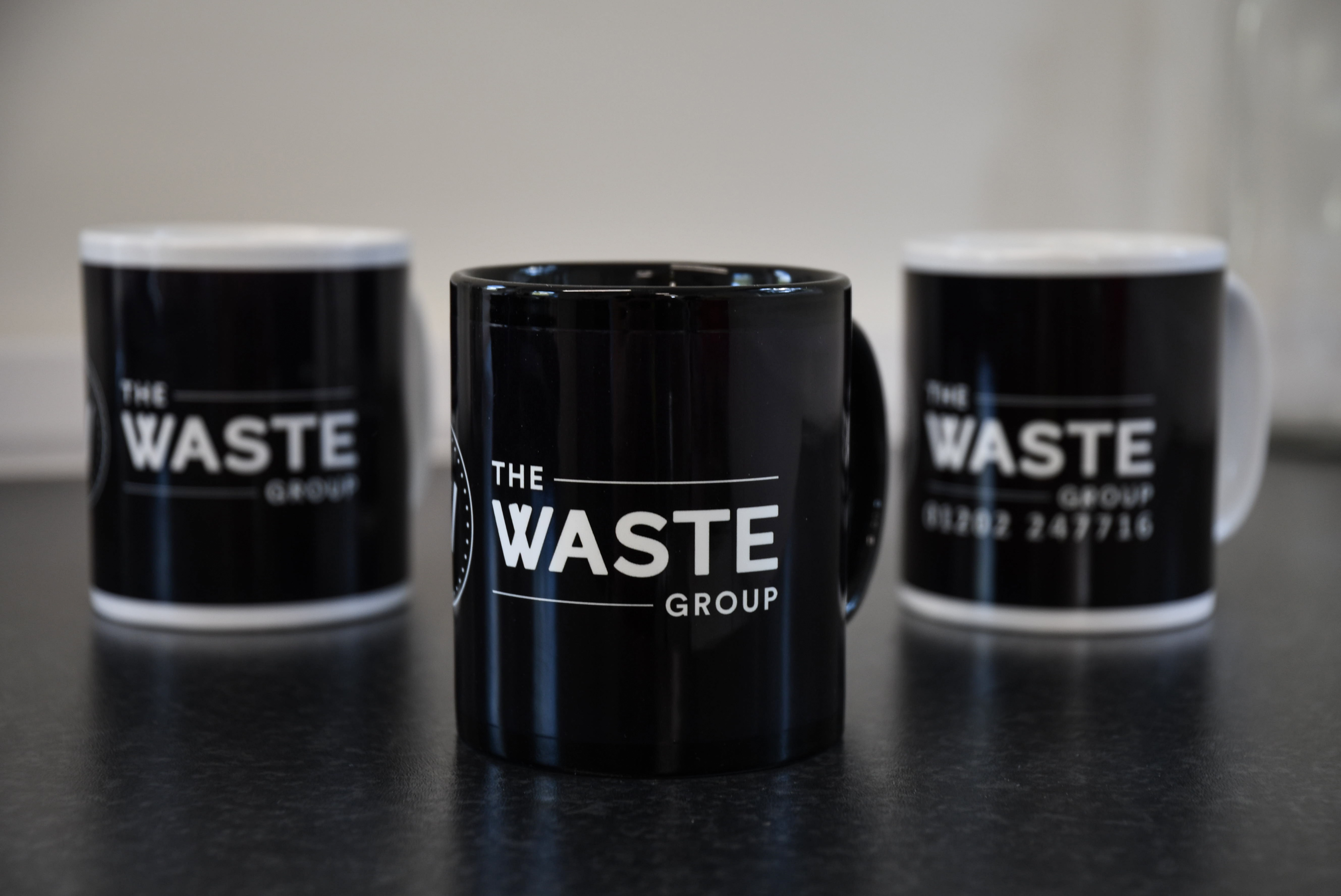The Role of Waste Management in Sustainable Construction Projects

Construction industry standards are changing faster than ever. New regulations require construction company owners and contractors to alter their approach to building, and new materials are routinely hitting the market to help buildings meet energy efficiency standards.
In all of the flux, it can be easy to overlook a massive construction sustainability target: waste management.
The way you manage construction waste matters, and we’re here to tell you why. We’ll explore the role of waste management in sustainable construction projects, and share how you can help reduce the carbon footprint of the construction sector.
What is sustainable construction?
The UK government has set a goal of net zero carbon emissions by 2050 for the entire nation, and the construction sector has a major part to play in meeting it. In decades past, this sector was infamously “dirty”, with 25% of the UK’s carbon emissions linked to to our built environment.
But “sustainable construction” aims to change that. Leaders in the sector are working to create more sustainable buildings by:
- Building with sustainable materials and renewable natural resources where possible
- Prioritising renewable energy sources for homes, offices, and other buildings
- Reducing the energy consumption of the average building
- Managing construction waste sustainably by reusing and recycling at every opportunity
UK construction sustainability trends
Carbon emissions from construction in the UK are falling, but not fast enough. Studies show that between 2018 and 2022, emissions from this sector fell by 13%, but a fall of 19% is required to meet the 2050 targets and make an impact on Earth’s current climate change trajectory.
Leaders in the construction sector are passionate about shifting those numbers for the better. The Construction Industry Council of the UK has called for drastic change to the way we build and are supporting those in the industry with education on how to improve their practices. And BREEAM certifications help construction business owners and contractors showcase their commitment to sustainability.
Benefits of waste management in sustainable construction methods
There was no concept of a circular approach to waste management in yesterday’s construction sector. We demolished buildings, chucked the waste materials into a landfill, and built anew with raw materials.
Today, we know better. By prioritising sustainability in construction, the industry can move away from destructive methods and become environmental leaders helping to reduce the UK’s carbon outputs.
And improved practices aren’t just crucial for our planet, they’re beneficial to your business, too. There are huge cost savings baked into sustainable practices—like reusing materials where possible instead of buying new.
Eco-friendly waste management
Construction sites produce a staggering amount of waste. The UK government has long worked to control and redirect the waste created by construction with regulations like the Waste Management Plans and Site Waste Management Regulations 2008.
Onsite recycling and reusing waste is a great way to manage it sustainably. And when construction waste can’t be recycled (like asbestos), it should be disposed of properly so that it doesn’t contaminate the environment.
Building with recyclable materials
Eventually, every building will need upgrades. Using renewable and recyclable materials in construction ensures that, as a building ages, its older materials can be used again rather than sent to the landfill or incinerator.
Concrete, metal, aggregates, and wood can all be recycled, making them ideal materials for green buildings.
Aggregates
Aggregate materials can be used in bituminous road construction, ground improvements, earthworks (like cuttings and embankments), utilities reinstatement, and in shallow and deep foundations.
Concrete
Intact concrete structures can be refurbished and reused for close to 100 years, which is well beyond the 60 years normally expected. But even if the structure cannot be repurposed, concrete—and the reinforced steel that supports it—are easily recycled.
Metal
Steel structures last for decades and beyond, making them easy to retrofit and repurpose when they need upgrades. And the materials used to construct them can be easily recycled and reused within the industry.
Wood
Wood waste is found in pallets, crates, beams, window and door frames, doors, floorboards, shuttering, fencing, and panels, such as chipboard. The wood in these products can be reused as architectural salvage or chipped for use in landscaping.
Do your part with The Waste Group!
By adopting sustainable construction practices, your company can help move the needle on the UK’s sustainability targets. We help construction companies reduce their waste and negative environmental impact by recycling and reusing waste materials—up to 98% of them in some cases!
Make your next construction project a green one, and help build a more sustainable construction industry in the UK by partnering with The Waste Group to manage your onsite waste.



